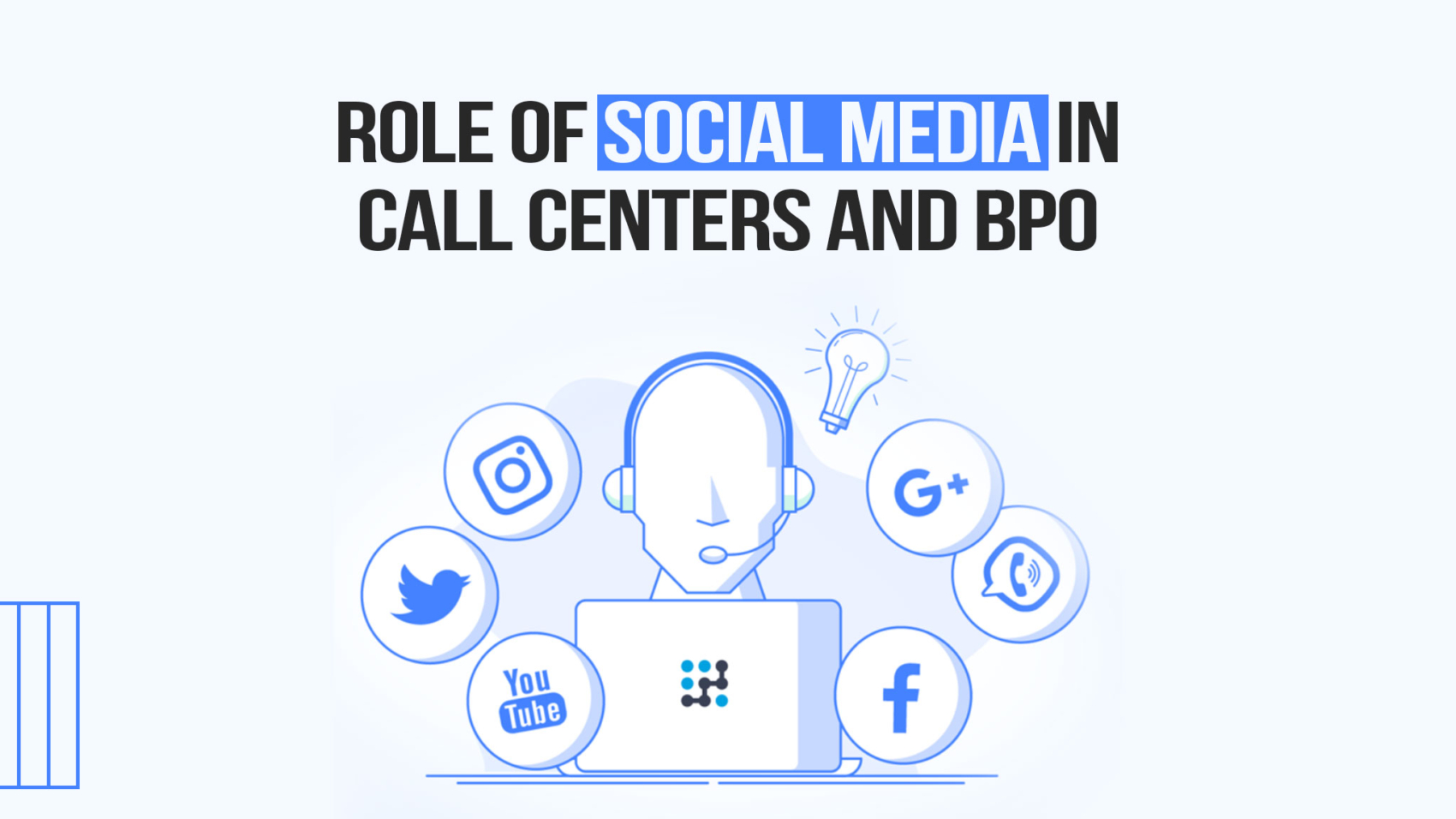In the era of digitalization, social media platforms have become an integral part of our daily lives. With millions of people accessing social media platforms daily, businesses have started using them to interact with customers, increase brand awareness, and provide support. The call center and business process outsourcing (BPO) industry is no exception. Social media platforms have become vital for call centers and BPOs to improve their customer support services.
Social media platforms such as Facebook, Twitter, Instagram, and LinkedIn offer a great way for businesses to interact with their customers in real-time. Customers can use social media platforms to ask questions, provide feedback, and complaints. Call centers and BPOs can use these platforms to respond to customer queries and complaints, provide support, and resolve issues.
Advantages of Social Media in Call Centers and BPOs
One of the significant advantages of using social media platforms in call centers and BPOs is the ability to provide instant support. Customers can post their queries or complaints on social media platforms, and call center representatives can respond in real-time. This helps in resolving issues quickly and improving customer satisfaction. Moreover, social media platforms allow call centers to provide support 24/7, which is a significant advantage in today’s fast-paced world.
Social media platforms also offer call centers and BPOs the ability to gather customer feedback. By monitoring social media platforms, call centers and Business process outsourcing can get a better understanding of their customers’ needs and preferences. It helps in improving the overall customer experience and developing better products and services.
Another advantage of using social media platforms is that they offer a cost-effective way to provide customer support. Traditional customer support channels such as phone and email support can be expensive. Using social media platforms, call centers and BPOs can provide support at a lower cost while reaching a wider audience.
Social media platforms also offer a great way for call centers and Business process outsourcing to build their brand. By using social media platforms, call centers and Business process outsourcing can create a strong online presence, interact with customers, and showcase their expertise. This helps in building trust and credibility with customers and attracting new customers.
Challenges faced by call center and BPO while using social media
However, there are also some challenges associated with using social media platforms in BPOs and call centers. One of the important challenges is the requirement for skilled people. Call center representatives need to be trained in using social media platforms effectively and efficiently. They also need to be able to manage multiple conversations simultaneously, respond quickly, and provide accurate information.
Another challenge is the need for effective monitoring and management of social media platforms. BPOs and call centers need to monitor social media platforms regularly to ensure that customer queries and complaints are addressed promptly. They also need to manage their online reputation and respond appropriately to negative comments and reviews.
To conclude our discussion, social media platforms offer a great way for BPOs and call centers to provide customer support, gather customer feedback, build their brand, and reduce costs. However, to take advantage of these benefits, call centers need to invest in the right technology, hire skilled professionals, and have effective monitoring and management strategies in place. With the right approach, social media platforms can help call centers and BPOs improve their customer support services and build stronger relationships with their customers.



